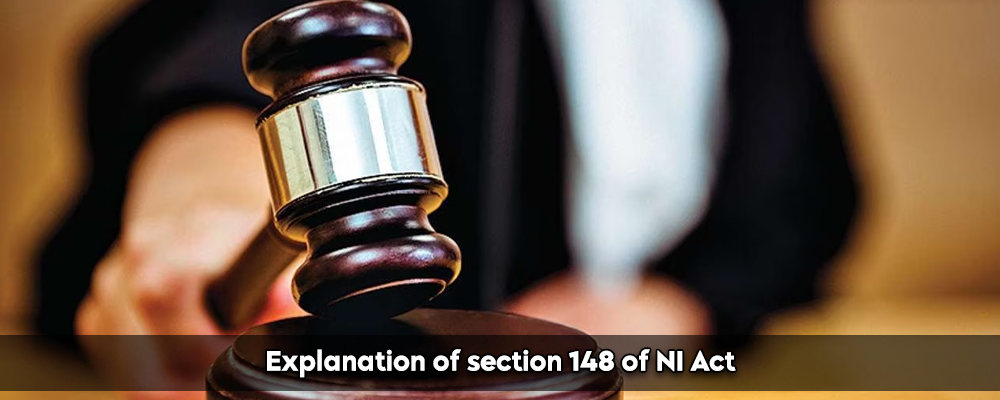The Negotiable Instruments (Amendment) Bill of 2017 was presented to the Lok Sabha on Tuesday to shorten the length of the legal process for cheque dishonor instances and give the payee temporary relief. Regarding the ongoing occurrences of cheque bounces, the Central Government has been inundated with complaints from the general people, particularly the business community. On account of how simple it is to file an appeal and seek a stay of proceedings, the same could be attributed to the delay strategies used by dishonest drawers of dishonored cheques.
The Negotiable Instruments Act of 1881 is proposed to be amended to address the problem of excessive delays in the final resolution of cheque dishonor cases, to provide relief to payees of dishonored cheques, and to deter frivolous and unnecessary litigation that would save time and money. Additionally, it is anticipated that the changes will “strengthen the credibility of checks and promote trade and commerce in general by allowing lending institutions, particularly banks, to continue to give funding to the productive sectors of the economy.
Need A Legal Advice
The internet is not a lawyer and neither are you. Talk to a real lawyer about your legal issue

The Negotiable Instruments (Amendment) Act, 2018—passed by both Houses on July 23 by the Lok Sabha, July 26 by the Rajya Sabha, and notified on August 2—has provided a respite for the aggrieved Drawees in light of the current situation. The primary contributor to business inconsistencies that force them into unavoidable difficulties and incalculable losses is non-payment due to dishonored cheques. To make matters worse, cumbersome legal processes cause delayed justice. By making checks more credible as a negotiable instrument, the Amendment Act hopes to strengthen the ability to enforce prompt relief and serve as a deterrence for further cases.
Section 148
Appeals against convictions handed down by the trial court are covered by Section 148 of the NI Act. The appellate court has the authority to demand that the appellant deposit at least 20% of the fine or compensation that was handed down by the trial court. Any sum already paid under Section 143A is in addition to this deposit. While the appeal is pending, the deposit money might be given to the complainant. The amendment protects the interests of the drawers by allowing them to receive a return of the money they spent on the appeals process combined with interest calculated at the bank rate announced by the RBI. According to Section 148, the appellate court has the authority to require the appellant to deposit at least 20% of any fine or compensation that was given out by the trial court. This clause makes sure the complainant has a better possibility of getting the money back during the appeals procedure.
Case Law
In a significant ruling, the Supreme Court ruled that the minimum 20% deposit requirement stipulated by Section 148 of the Negotiable Instruments Act (NI Act) is not an unchangeable stipulation. This major decision now gives Appellate Courts the authority to carefully evaluate exceptional situations and possibly exclude defendants from this requirement. A bench led by Justices Abhay S. Oka and Pankaj Mithal has explicitly stated that when an Appellate Court considers an appeal from a person convicted under Section 138 of the Negotiable Instruments Act under Section 389 of the Criminal Procedure Code, it retains the discretion to determine whether the case qualifies as an exceptional circumstance justifying the suspension of the sentence without the requirement of the deposit of 20% of the financial penalty or compensation.
Notably, the Court has emphasized that, if the Appellate Court decides that the case qualifies as an exception, it must give clear justifications for its reasoning in writing.
The Court stressed the importance of applying a purpose-driven approach when interpreting Section 148 of the NI Act. The Court clarified that exceptions can be granted in situations where the imposition of the 20% deposit requirement would prove unfair or impede the appellant’s right to appeal while acknowledging the appellate court’s general authority to enforce the deposit condition stipulated in Section 148.
Legal help, online tools, and free legal advice are all offered by Lead India. You can talk to a lawyer right away once you have Lila. Ask a legal question for advice.





 Talk to a Lawyer
Talk to a Lawyer